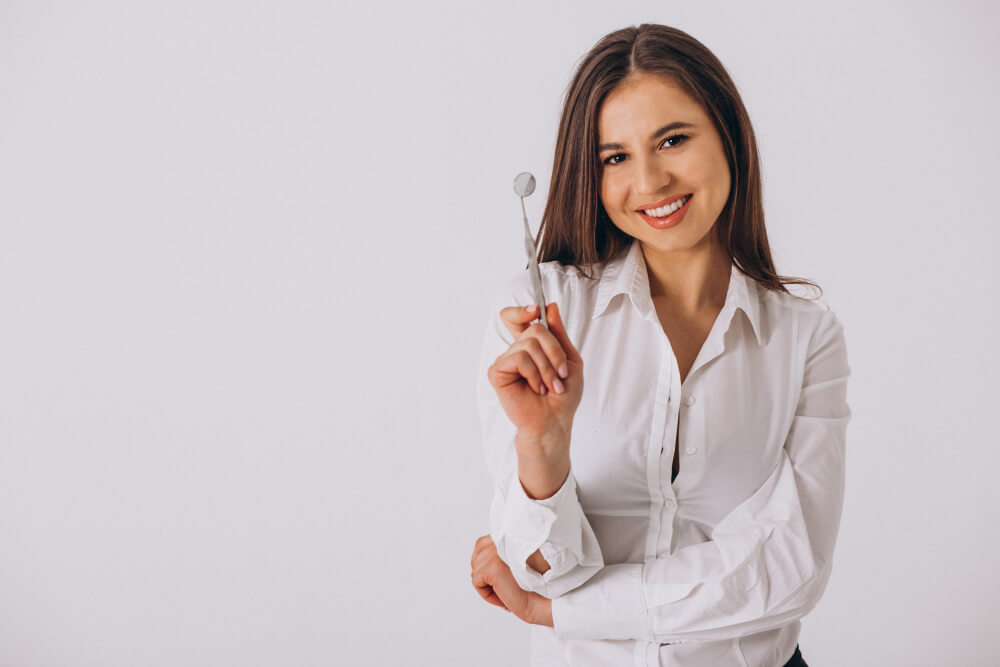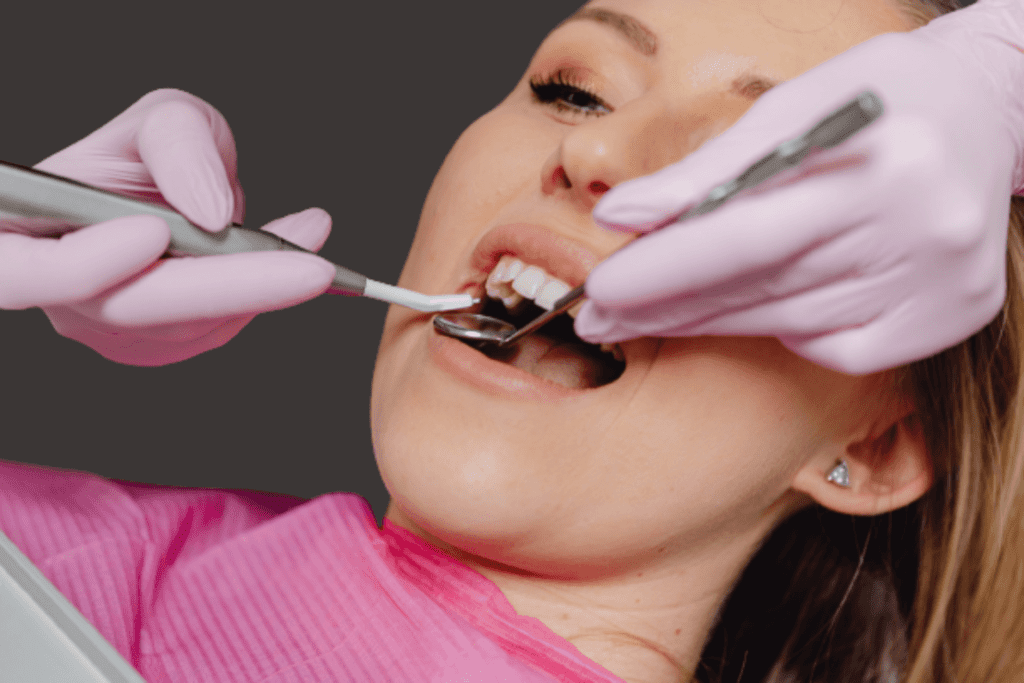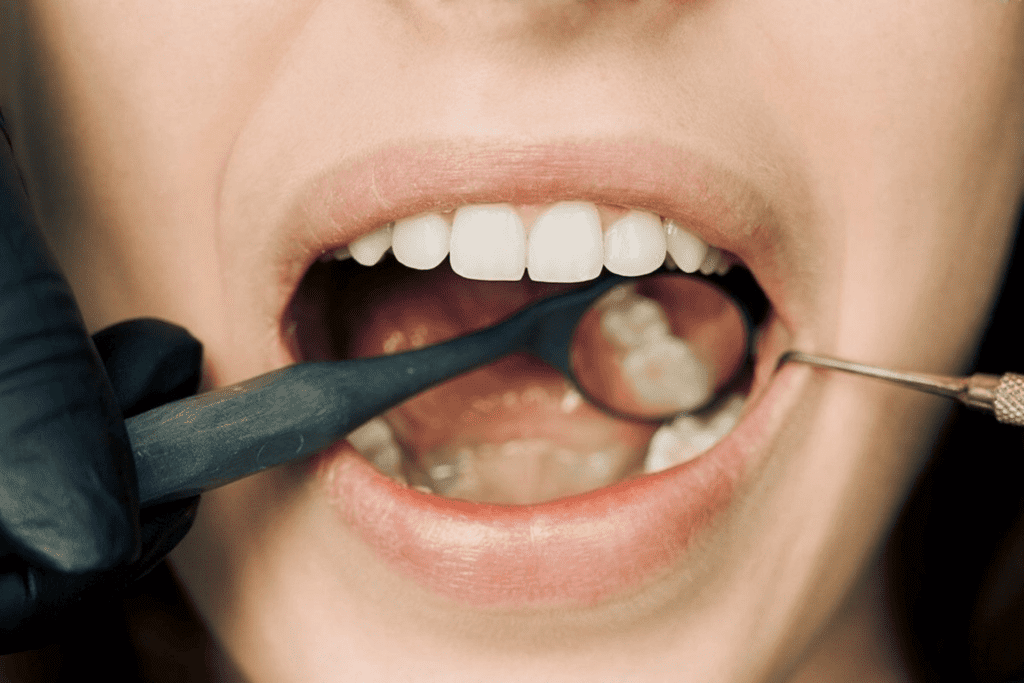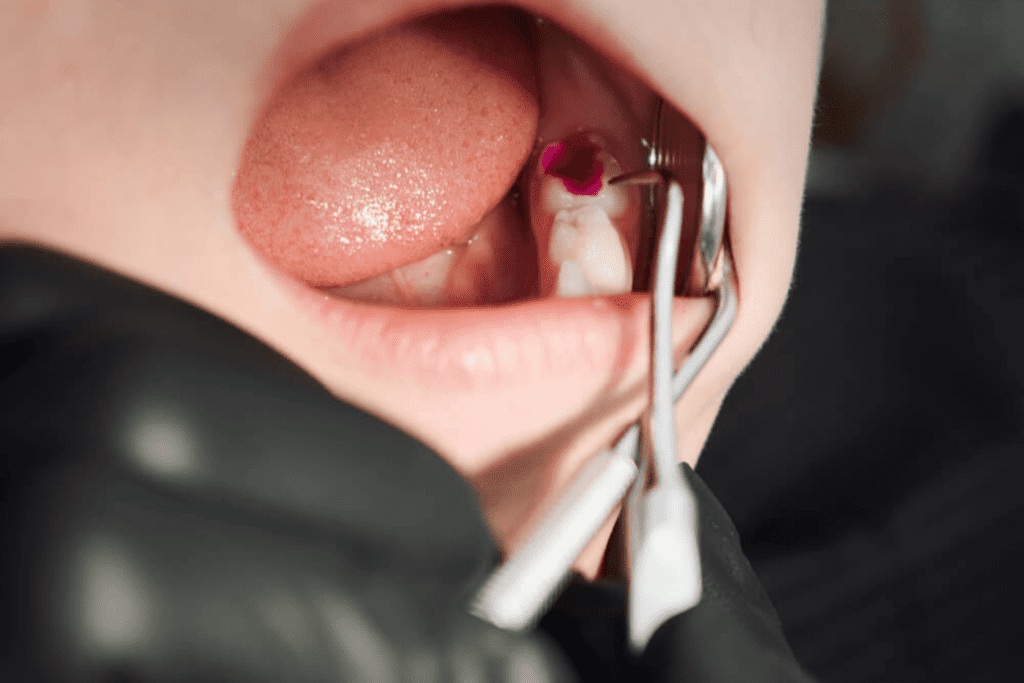What You Need to Do Before a Dentist Appointment?
Going to the dentist can be an intimidating experience for many people. The thought of dental procedures, the sound of dental instruments, and the anticipation of potential discomfort can cause anxiety and unease. However, there are steps you can take to help ease any apprehension and ensure a smooth and successful dental visit. By proactively preparing for your dentist appointment, you can alleviate stress, make the most of your time with the dentist, and contribute to better oral health outcomes.
Table of Contents
ToggleIn this article, we will explore ten essential things you can do before your dentist appointment to help you feel more comfortable and confident. These steps encompass everything from oral hygiene practices and understanding your dental history to effective communication with your dentist and self-care techniques. By following these suggestions, you can approach your dentist appointment with a sense of preparedness and empower yourself to take control of your oral health journey.

1. Brush and Floss
Brushing and flossing your teeth before your dentist appointment ensures that your teeth are clean and free from surface stains or food particles. It allows the dentist to have a clear view of your oral health and makes the examination process more accurate.
2. Review Your Dental History
Take a few moments to go through your dental records or notes from previous visits. This will refresh your memory about any significant treatments or issues you’ve had in the past. By being aware of your dental history, you can provide accurate information to your dentist, which helps them understand your overall oral health better.
3. Make a List of Concerns or Questions
Before your appointment, write down any concerns or questions you have about your dental health. This list can include anything from specific dental issues or pain you’ve been experiencing to inquiries about oral hygiene techniques or treatment options. Having a list ensures that you won’t forget anything important during your appointment and allows your dentist to address your specific needs.
4. Check Your Insurance Coverage
If you have dental insurance, it’s a good idea to review your policy before your appointment. Understand what services are covered, any limitations or exclusions, and the financial responsibilities you may have, such as copayments or deductibles. Being aware of your insurance coverage can help you avoid any surprises or confusion regarding billing and payment.
5. Avoid Eating Heavy Meals
Eating a heavy or greasy meal before a dental appointment may make you feel uncomfortable during the procedure. It’s recommended to stick to light, nutritious meals that won’t leave you feeling overly full or bloated. This ensures that you’ll be more at ease during your visit.
6.Stay Hydrated
Drinking water throughout the day helps keep your mouth hydrated and freshens your breath. It also promotes saliva production, which plays a crucial role in natural teeth cleaning and protection against tooth decay. Good hydration is beneficial for your overall oral health.
7. Arrive Early
Plan to arrive at your dentist’s office a few minutes early. This gives you some extra time to fill out any necessary paperwork, update your medical history, or provide any requested information. Arriving early also allows you to relax and mentally prepare yourself before the appointment begins, reducing any stress or rushing.
8. Practice Relaxation Techniques
Dental anxiety is common for many people. If you feel anxious or nervous about your appointment, try practicing relaxation techniques beforehand. Deep breathing exercises, meditation, or listening to calming music can help you reduce stress and promote a sense of calmness. These techniques can make your dental visit more comfortable and pleasant.
9. Bring Relevant Documents
If you have any medical conditions, or allergies, or are taking medications, it’s important to inform your dentist. Make a list of these details and bring it with you to your appointment. This information is crucial for your dentist to provide appropriate care and make informed decisions about your treatment.
10. Wear Comfortable Clothing
Choosing comfortable clothing for your dental appointment is beneficial for both your physical comfort and the dentist’s access to your mouth. Loose-fitting attire makes it easier for the dentist to examine your teeth and perform any necessary procedures. Feeling physically at ease can also contribute to a more relaxed overall experience.
By following these steps, you can feel better prepared, more relaxed, and confident before your dentist appointment. Open communication with your dentist is key, so don’t hesitate to discuss any concerns or questions you may have during your visit.
What Not to Do Before a Dentist Appointment?

When preparing for a dentist appointment, there are certain things you should avoid doing to ensure a smooth and successful visit.
Here are some important “don’ts” to keep in mind:
Avoid Excessive Caffeine
Consuming large amounts of caffeine before your dentist appointment can lead to increased restlessness, anxiety, and jitters. These effects can make you feel more anxious during your visit. It’s best to limit your caffeine intake, especially right before your appointment, to promote a calmer state of mind.
Don't Eat Heavily Sugary Foods
Eating foods high in sugar before your dental visit can contribute to plaque formation and tooth decay. Sugary snacks, sodas, and candies provide a food source for bacteria in your mouth, leading to acid production that can harm your teeth. It’s advisable to avoid these foods and opt for healthier alternatives to support your oral health.
Don't Skip Brushing or Flossing
Neglecting your oral hygiene routine before your dental appointment is not recommended. Regular brushing and flossing help remove plaque, bacteria, and food particles from your teeth and gums. By maintaining good oral hygiene habits, you can contribute to healthier gums and teeth and ensure a more effective examination by the dentist.
Avoid Intense Workouts
Engaging in rigorous exercise before your dental appointment can leave you feeling fatigued and potentially dehydrated. Exhaustion or dehydration may impact your comfort level during the dental visit. It’s best to schedule your workouts for another time and opt for light physical activity before your appointment.
Don't Ignore Any Pain or Discomfort
If you are experiencing toothaches, jaw pain, or any other oral discomfort, it’s crucial not to ignore it before your dental appointment. Inform your dentist about these symptoms so they can evaluate and address the underlying issues effectively. Identifying dental issues early on and seeking timely treatment can effectively mitigate the risk of future complications.
Avoid Excessive Alcohol Consumption
Drinking alcohol excessively before your dental visit can impair your judgment, coordination, and overall comfort during the appointment. It’s best to moderate your alcohol intake or refrain from drinking alcohol altogether before your visit to ensure clear communication with your dentist and a more relaxed experience.
Don't be Late or Rush
Arriving late or feeling rushed can elevate your stress levels and disrupt the flow of your appointment. It’s important to allocate sufficient time to arrive early, complete any necessary paperwork, and mentally prepare yourself. Being punctual allows you to start your visit in a calm and composed manner.
Avoid Smoking or Using Tobacco Products
Smoking and using tobacco products have detrimental effects on your oral health, including an increased risk of gum disease, tooth discoloration, and bad breath. Refraining from smoking or using tobacco before your dental appointment helps create a healthier environment in your mouth, which can positively impact your overall dental experience.
Don't Consume Highly Acidic or Staining Foods
Acidic foods and beverages can temporarily weaken tooth enamel, making it more susceptible to damage. Examples include citrus fruits, tomatoes, and sodas. Staining foods such as berries, coffee, or red wine can leave visible stains on your teeth. It’s advisable to avoid these substances before your appointment to maintain optimal oral health and minimize any complications.
Don't Neglect to Update Your Medical History
If there have been any changes to your medical history, medications, or allergies since your last dental visit, it’s crucial to inform your dentist. Updated information allows them to provide appropriate care and make informed decisions during your appointment. Keeping your dentist informed about any changes helps ensure your safety and the effectiveness of your treatment.
By avoiding these actions before your dentist appointment, you can contribute to a more relaxed and successful dental visit. Remember, clear communication with your dentist is key, so don’t hesitate to discuss any concerns or questions you may have during your appointment.
Conclusion
In conclusion, this conversation has provided valuable insights into how to prepare for a dentist appointment effectively. By following the recommended steps, individuals can approach their dental visits with confidence, alleviate anxiety, and maximize the benefits of their appointments. From maintaining good oral hygiene practices to understanding dental history, being well-prepared and informed enables patients to provide accurate information to their dentists, resulting in more personalized care. Checking insurance coverage, arriving early, and bringing relevant documents demonstrate organization and readiness, setting the stage for a smooth and efficient visit. Additionally, implementing relaxation techniques, avoiding certain foods and beverages, and refraining from harmful habits such as smoking or excessive alcohol consumption can contribute to a more comfortable and successful dental experience.
The emphasis on clear communication, discussing concerns or questions, and updating medical history highlights the importance of an open and collaborative relationship between patients and dentists. By incorporating these guidelines, individuals can prioritize their oral health, reduce stress, and ultimately optimize the outcomes of their dentist appointments. Remember, regular dental visits are essential for maintaining oral hygiene and preventing potential dental issues, so proactive preparation is key to achieving a healthy and confident smile.
Read Next: Tooth Pain (Toothache): Overview
Resources
Image Designed by freepik
References
https://medicalxpress.com/news/2014-05-dentist-donts-results.html
https://www.ncbi.nlm.nih.gov/pmc/articles/PMC9306701/
https://www.ncbi.nlm.nih.gov/pmc/articles/PMC7737817/




